

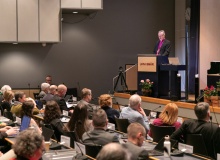
The legal committee's proposal did not receive the required three-quarters qualified majority.
.png)
“Every person has something to give”, says evangelical parliamentarian Marc Jost, who helped secure approval for the initiative in the Swiss parliament.

Evangelicals submit a report to the UN Human Rights Council, denouncing “cases of abuse of religious freedom, political rights and racism” in Bulgaria.

The AEE presented a renewed image and its projects in the areas of youth, solidarity, media and creation care, among others.
Cropped(1).jpg)
Ahead of February's elections in Germany, Frank Heinrich of the Evangelical Alliance explains to Evangelical Focus why a Christian vision introduces nuance into the overall tension and uncertainty.

Parliament voted to advance the Bill by 330 votes to 275. “This is te biggest proposed change to our social fabric in a generation”, Christians say.
.jpg)
According to a survey, 42% of evangelicals planned to vote for Labour, which won a landslide victory. The EAUK “prays Psalm 72” for Keir Starmer, the next prime minister.

Ahead of the election of 4 July, a survey conducted by the Evangelical Alliance United Kingdom found that 93% of evangelicals would like to see more Christians engaged in politics.
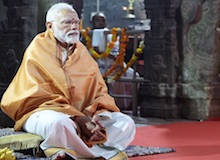
The coalition led by prime minister Narendra Modi still has a majority but failed in its expectations after losing 67 seats. “For many Christians, the loss brings a sense of relief”.
The country is preparing for the era of coalition government at the state level. According to evangelicals, it can “craft productive partnerships for the common good”.
.jpg)
The Evangelical Alliances in Sweden, Austria, Germany and Spain offer resources to give reasons to vote for the European Parliament, on 6-9 June.
.jpg)
So much has changed since the last European Parliament election in 2019, but one thing that hasn’t changed is the influence of nationalism. If anything, it is a bigger issue in 2024 than it was in 2019 or back in 2010.
.jpg)
Christians may vote for different political parties but there is great significance in praying together in humility and unity for our nations and our continent. Here are some suggestions.
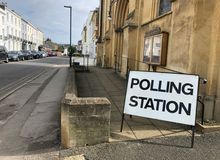
The UK Evangelical Alliance, the Church of England and Christian charity CARE, release several resources to help Christians engage with the coming election.

We live in a fallen world. All of us – our politicians, our leaders, ourselves – are tainted by sinful tendencies. Which is why we need institutions to keep power in check.
.jpg)
Fear of invasion and war. Fear of losing one’s cultural identity and community. Fear of climate disaster. Fear of demonization because of who I am or what I believe and say. Where to go for hope?

Be aware of the role of artificial intelligence in elections, especially in your social media timeline. Truth and trust should go hand in hand.
.jpg)
The victory of the Freedom Party shocks the European scenario. While traditional Christian parties suffer losses, “it is no secret that some believers love Wilders”, says journalist Evert Van Vlastuin.
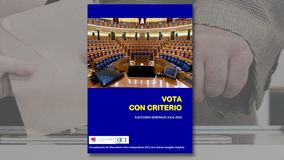
The evangelical entity launches a document addressing ten issues of general interest , to give a biblical perspective and encourage evangelicals to “vote wisely”.
.jpg)
In Finland, the Christian Democrats are key to the negotiations for a new government. Päivi Räsänen (“thankful and happy” about her re-election) tells Evangelical Focus about the current socio-political moment.

The decision was taken at a special online session with 40 votes in favour, 20 against and 2 abstentions. It won’t be finalized until 2025.

On 25 February, the most populated country of Africa elects its new president. A Christian university lecturer in northen Nigeria analyses the socio-political scenario.

The country concludes an electoral process that does not resolve popular polarisation, one of the main challenges that the new government will have to face.

The country faces new elections amid increasing polarisation. "The dispute over the evangelical vote has become very important", say analysts.
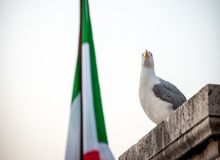
As the September general election approaches, the President of the Italian Evangelical Alliance warns that “some evangelicals are easily ‘pulled by the jacket’ in politics”.

Las opiniones vertidas por nuestros colaboradores se realizan a nivel personal, pudiendo coincidir o no con la postura de la dirección de Protestante Digital.